The Spanish avocado season has already started with the green-skinned varieties, which are increasingly in demand. The Hass avocado season will kick off later, around week 50, in a year marked, once again, by water shortages. "The Spanish 2023/24 campaign was an average season in terms of volume, although quality has been really good, as always," says Álvaro González, from Tropicsur. "This is not surprising, because in Spain we know how to do things really well and our avocados are renowned for their superior quality."
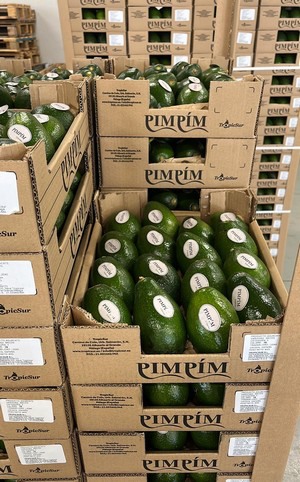 "It is true that we lacked some volumes and we were unable to extend the domestic season, which is why we had to start importing earlier; however, in general terms, the season has been quite good, with sustained average/high prices, without peaks or market fluctuations."
"It is true that we lacked some volumes and we were unable to extend the domestic season, which is why we had to start importing earlier; however, in general terms, the season has been quite good, with sustained average/high prices, without peaks or market fluctuations."
"The forecast for this year is that the situation will be quite similar, possibly with an even better quality, and hopefully with slightly greater volumes, because the demand for Spanish avocados is very high."
The consumption of exotic and tropical fruits in Spanish households exceeded that of citrus fruits in 2023.
The consumption of avocados, and of tropical fruits in general, has grown exponentially over the last few decades, to the point where it has become a leading consumer product. In fact, according to the Ministry of Agriculture's 2023 Consumption Report, exotic fruits were the most consumed type of fresh fruit in Spain last year, accounting for 23.9% of the market volume and overtaking citrus fruits, which have traditionally led this ranking, for the first time. Avocados have undoubtedly helped boost this figure.
"The success of avocados is undeniable. It's a fruit with a spectacular flavor that's also really healthy and versatile. On this point, the sector's professionalization and all the work done to ensure the consumers always have access to good quality avocados cannot be ignored, since it has played a key role in boosting consumption, and not only in Spain."
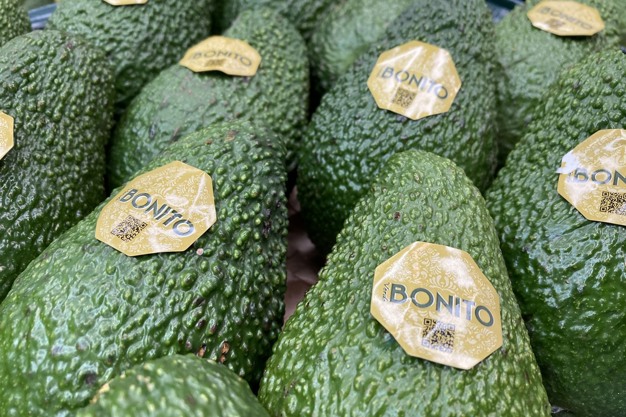
"Avocado exporters, such as Peru, have improved their pre-harvest and post-harvest processes in the last decade, and today they send fruit all over the world in an unbeatable state, so that we can count on a very good off-season product twelve months of the year".
"However, for us, the Spanish avocado is still the best avocado in the world: for its organoleptic characteristics, for the dry matter it acquires and for being a local product with a minimal carbon footprint. Today we continue to be the most recognised origin for its quality and, although until now we have only been able to grow avocados on the shores of the Mediterranean and the Atlantic; everything points to the fact that very soon - in fact, there already are, although in small volumes - there will be Galician, Asturian and Cantabrian avocados, which will increase the total Spanish production".
"In November we will start up our new facilities in Alicante".
Malaga and Granada are the areas par excellence in tropical cultivation, although there has also been rapid expansion in the Valencian Community, where it is still expected to continue to develop strongly.
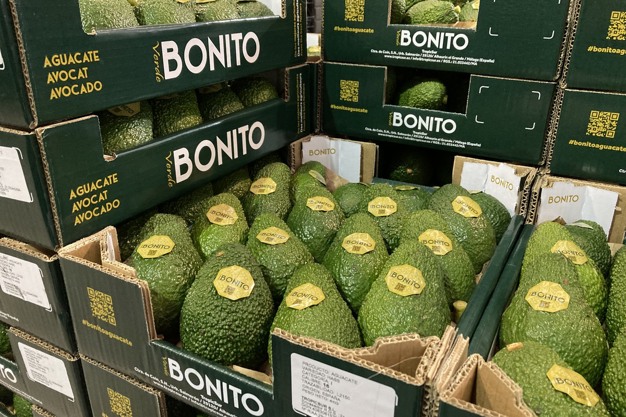
"At Tropicsur we have been selling avocados from the Valencian Community for eight years now. It has become an important region for us and our volumes there are increasing every year. That's why we have decided to set up a new reception and handling center there, equipped with cold storage and ripening chambers, which will become operational in November this year," says Juan Miguel González.
"With these new facilities, which will be located in Alicante, we will be much closer to the growers in the provinces of Valencia, Castellon and Alicante, and we'll be able to provide them a more personal service and attention. We will also make significant cost savings while significantly reducing our carbon footprint.
"We will have a warehouse with 2,800 m² of handling space, more than in the facilities in Malaga. We will apply the same working methods and know-how as we have in Alhaurín El Grande, which has allowed Tropicsur to become a leader in the subtropical sector in Spain."

"With this, we also want to be closer to the large purchasing centers of the main Spanish and European supermarkets, many of which are located in the Valencian Community, and supply large-scale retailers throughout the continent more easily. In fact, we want to position ourselves as a leader in the marketing of Valencian avocados, and to this end, we are bringing one of the largest avocado producers in the whole autonomous region into our shareholding structure." Thanks to this move, Tropicsur will reach 100 hectares of its own production, with an estimated production volume of 800 to 1,000 tons per year.
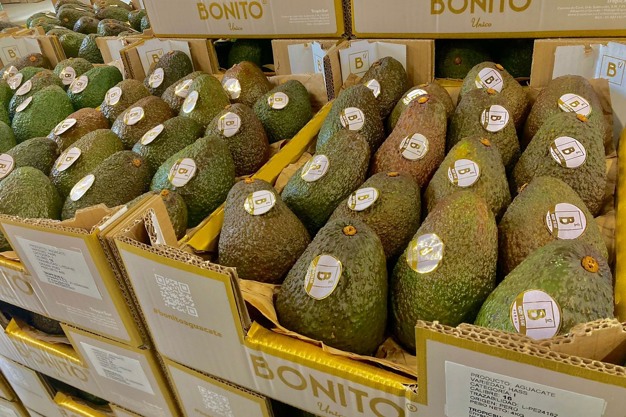
"We want to promote the enthusiasm for mango cultivation among producers in the Valencian Community"
"Other news linked to the Valencian Community is that we want to spread not only the knowledge we have of mango growing in Malaga, but also the enthusiasm for this crop's cultivation among producers there."
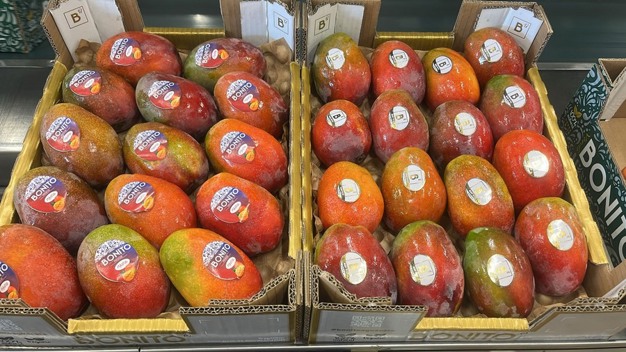
"Given the type of soil and the climate, we are sure that there are high areas in the Valencian Community where avocados are already grown where mangoes would also do really well, and that is why we are going to undertake an experimental cultivation project on 3 hectares, so that growers can see the crop's viability and be encouraged to invest in it."
"The Valencian Community has great potential to significantly contribute to the growth of the Spanish subtropical industry."
 For more information:
For more information:
Tropicsur
Tel.: +34 951509400
[email protected]
www.tropicsur.es
